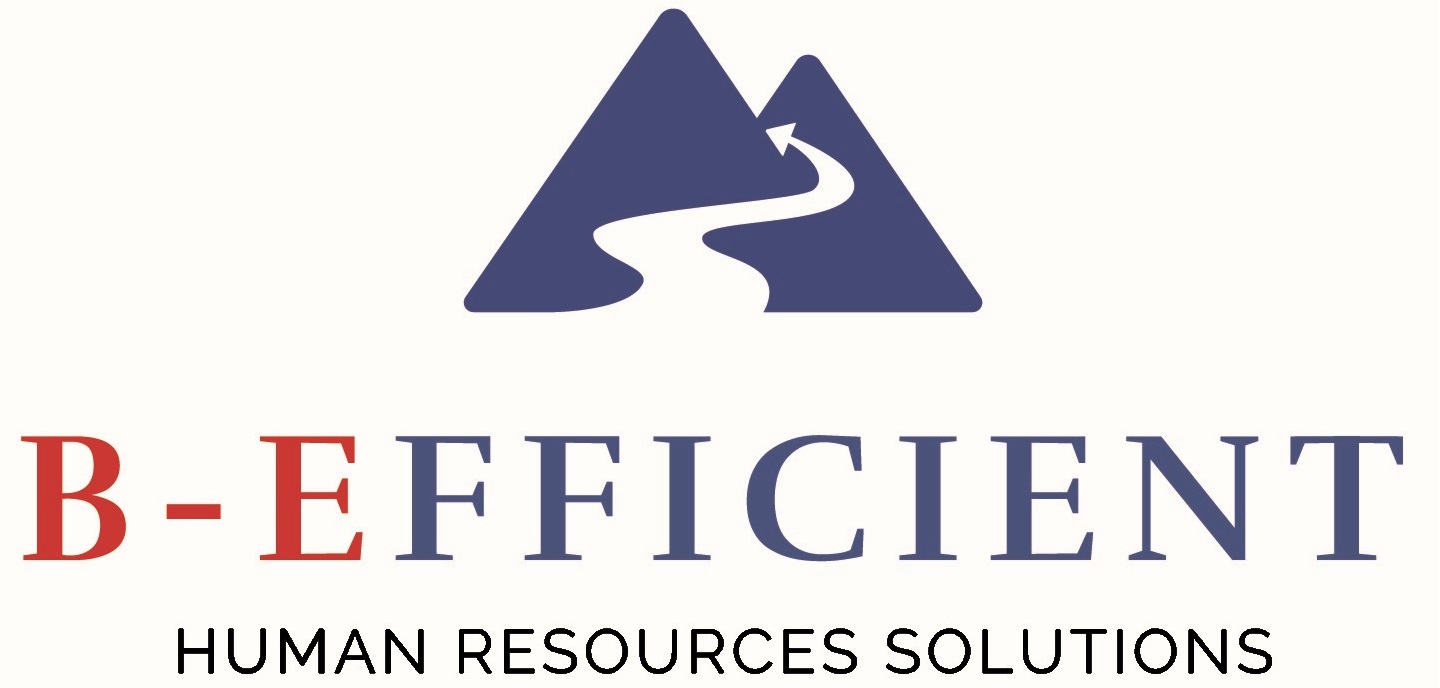Overcome emotional, psychological and organisational obstacles thanks to coaching
Coaching provides guidance for people or teams in order to develop their respective potential. It enables success strategies to be drawn up and implemented in both personal and professional fields.
The ICF (International Coaching Federation) defines coaching as an alliance between the coach and his clients in a process that generates reflection and creativity.
The coaching is individual, but it can also be given collectively, particularly in the context of change situations.
Coaching may pursue the following goals :
- Improving self-knowledge, enabling you to resolve problems that you are unable to resolve alone.
- Making changes in your life in order to improve your well-being.
- Analysing your career drivers in order to guide you towards greater professional development.
- Managing your stress more effectively and anticipating burn-out.
- Reconciling your professional and personal obligations.
- Moving from the role of manager to the role of leader.
- Developing your assertiveness.
- Modifying your communication with a view to improving your relations with others.
- Adopt a managerial attitude.
- Managing conflict situations.
- Becoming efficient more quickly when taking up a new position.
- Guiding your company along a relevant path, choosing your allies and defining adequate structures.
- Learning to delegate so as to have more time to reflect on your strategy.
- Leading your team with maximum efficiency and enthusiasm.
- Coping with major developments in your environment.
The role of the coach :
As you travel along the coaching path, the coach is your partner, your sounding board.
The coach and the coachee decide on the goal, the context and the anticipated results together.
You will overcome the emotional, psychological and organisational obstacles that hamper you as you journey towards your goal. This personal development will first bring you more personal success and then a better quality of life. You will thus make your contribution to the success of your organisation.
The coach is an expert in the coaching process and stays in control of the context. His role as a partner requires that he is in a position to understand his client’s professional issues, without being an expert in this profession. He will ask the right questions. The client will find the answers.
At B-Efficient, all the coaches are certified and experienced.
The coaching process begins with a personal interview (face-to-face or by telephone) which aims to assess the client’s goals, describe the form the coaching path may take and sense whether there is an affinity between the coach and the potential client (the coachee).
Throughout the coaching path, our coaches take scrupulous care to :
- Abide by the ethical guidelines and professional standards.
- Establish the coaching contract: to understand what is required and reach agreement with the new client on the coaching procedures and relationship.
- Build a climate based on trust and respect.
- Create a spontaneous relationship with the client by communicating openly, flexibly and reassuringly.
- Listen carefully to what is said and what is left unsaid, and encourage the client to express himself.
- Ask relevant questions that reveal the necessary information.
- Communicate both directly and indirectly.
- Be capable of integrating and accurately assessing multiple sources of information and putting forward suggestions that will help the client to achieve the goals set.
- Help create opportunities for ongoing learning, during the coaching sessions and in everyday situations, so as to take new actions that will generate the required results as efficiently as possible.
- Plan and set goals.
- Be capable of focusing their attention on what is important for the client and letting him take responsibility for his actions.
